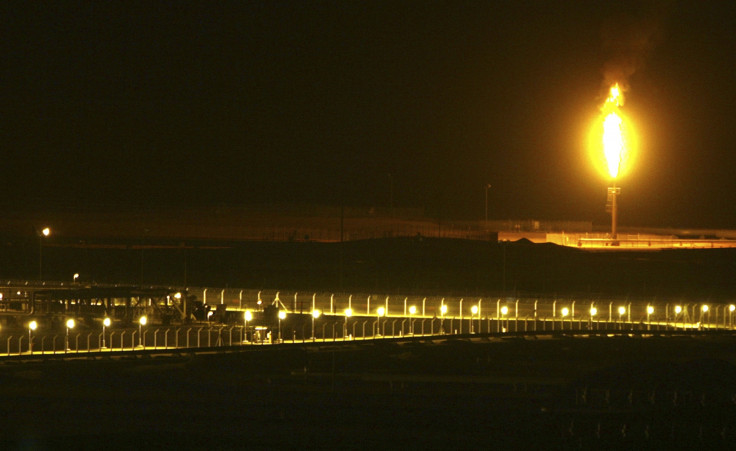Opec Plots US Shale Oil Takedown
Oil cartel planning to push the cost of crude down to make new shale production uneconomical

Opec is likely to let the price of oil slide further as it gambles that US shale oil producers will be forced to slow production first.
The oil cartel, which includes a number of Persian Gulf states, as well as Nigeria and Venezuela, has remained silent as oil prices have tumbled over recent months. Some analysts have predicted the oil producers club will decide to reduce production at its next meeting, scheduled for November, in a bid to maintain price levels at around $100 a barrel.
Yet, with a barrel of crude oil currently at $82.37 (£50.90, €64.69), the member states have so far shown no public sign that production will be cut.
In fact, it seems likely that production levels will be maintained. Signs from the world's biggest producer, Saudi Arabia, released anonymously to carefully selected journalists, suggests that the kingdom is happy to let prices slide. It seems that Saudi and other Opec members look to be content with guarding their market share from rival producers, the biggest threat being posed by US shale companies.
The rise of US shale oil production has altered the dynamics of the global oil trade, perhaps irrevocably. US shale has entered the market at a time when prospects for global economic growth are particularly grim. The Eurozone has shown signs that even with unprecedented assistance from central banks, a prolonged period of stagnation awaits.
Meanwhile, China's economy is showing signs that decades of runaway economic growth are a thing of the past and it has entered a period of slowdown. Recent data from the country's National Bureau of Statistics showed the country's economy had just grown at its slowest rate since the 2008 global financial crisis.

The US economy may have shown some signs of recovery in recent months, with GDP set to increase by around 2.8% this year, but it is still reliant on massive support from the Federal Reserve. Moreover, the domestic shale boom has seen the US importing less oil from overseas. Oil imports are down from a 2005-2006 high of 10 million barrels of per day (bpd) to around 7 million bpd in 2014.
Against the backdrop of relatively weak global demand for oil, rising shale production has distorted the well-established energy flow networks. US shale production has risen by 500,000bpd since the summer and is expected to push 10 million bpd by the end of 2015.
While much has been written about Opec's falling pricing power in the face of the US shale boom, Opec producers could withstand lower oil prices than US producers.
Analysts are divided over what price level would cause US producers to reduce output. While prices of around $80 to $90 a barrel may not hurt US shale producers that are already running, they would affect investment in the industry.
Citigroup has forecast that prices would have to fall as low as $50 a barrel in order to stop production growth. However, Goldman Sachs suggested that oil production could slow if oil prices were to fall by another 10%.
"US shale is the marginal swing barrel in the new order," Goldman said in a report, adding that production could slow down if prices of WTI hit $75 a barrel.
Opec is a diverse group of oil producers with vastly differing abilities to withstand a prolonged period of low oil prices. Whereas Saudi Arabia could fulfil its current budgetary requirements with prices at $89 a barrel, fellow member Iran requires prices closer to $130 a barrel, Libya requires prices of around $185 a barrel, while Venezuela needs a price of around $161.
Despite the economic difficulties in Tehran and Tripoli, Opec is unlikely to cut production in a bid to raise prices, as the fear that US shale gas would grab part of the market in the interim outweigh any short-term pain.
For its part, Goldman Sachs does not expect Opec to reduce its production levels until US production has already slowed.
"Any near-term Opec production cut will be modest until there is sufficient evidence of a slowdown in US shale oil production growth," it said.
© Copyright IBTimes 2025. All rights reserved.






















